St Lucia accomodation - Page 2
10 Year rainfall records at Makakatana
Spring and summer months in the iSimangaliso Wetland Park bring on the rumbling warning signs of thunderstorms that begin to roll through the beautiful hills and plains of KwaZulu Natal. The excitement levels rise around Makakatana Bay Lodge as we know the rain is coming and with it the increase of new wildlife. The Burchell’s Coucal, commonly known as the Rainbird, is the first warn of the rain on its way, while the frogs gather and prepare for reuniting in orchestral celebration and the veld waits for its boost to explode with colour as the flowers and grasses thrive with newfound vigour.
For those who have a thing for stats….keep reading to get to our 10 year rainfall records!
Celebrating Rangers on World Ranger Day!
There is a general misunderstanding on the difference between field guides and game rangers. Even though both lines of work overlap in duties and roles, they differ when it comes to core purpose in the industry of conservation and tourism. Makakatana Bay Lodge plays a role in the world of both of these lines of work, since we help provide equipment through donations given by the guests to support rangers in anti poaching units of the park. This empowers them to manage the park as well as protect the animals and surrounding nature inside of it more effectively, forwarding the success of the park as well as the local community that benefits directly or indirectly from the park.
We celebrate the Youth in June this month with a student study of Lake St Lucia salinity levels.
June is the month for celebrating the youth and we at Makakatana Bay Lodge thought that we would give a shout out to Mia Poulter, a family friend of the Morrisons, who did a very interesting study on the salinity levels of Lake St lucia for a Matric assignment earlier this year.
The Bees Knees of Bees at Makakatana
When we talk about endangered and protected species more often than not we think of rhinos, elephants and pangolins, but one of our most important creatures – vital to every part of all the ecosystems on planet earth, gets overlooked. Pollinators – insects and animals that move pollen from one flower to another and pollinate (impregnate) the flowers so they can produce fruit and seeds.
Community and Conservation Contribution from our Amazing Guests at Makakatana Bay Lodge
Since we reopened after Lockdown in September 2020, we decided to bring in a Conservation and Community Contribution (or in the old lingo - a "levy"). At only R80 per person per day, it is not much, but it has already helped make a difference, that we can assure you. We are extremely grateful to all our guests who have helped so far, and are happy to share this update with you.
We divided the funds raised up between our local initiatives:
African Wildlife Vets
Destiny House Children's Home
Vukukhanye Development Project

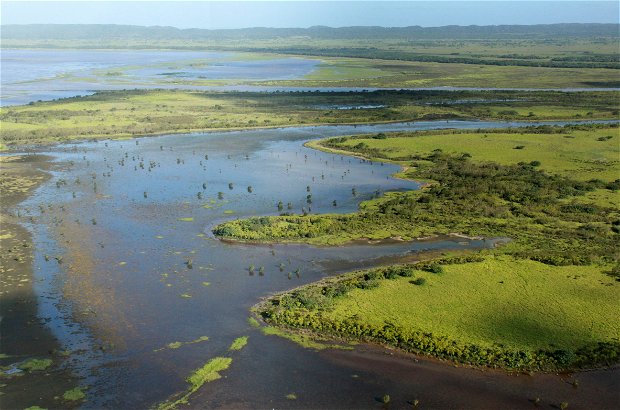
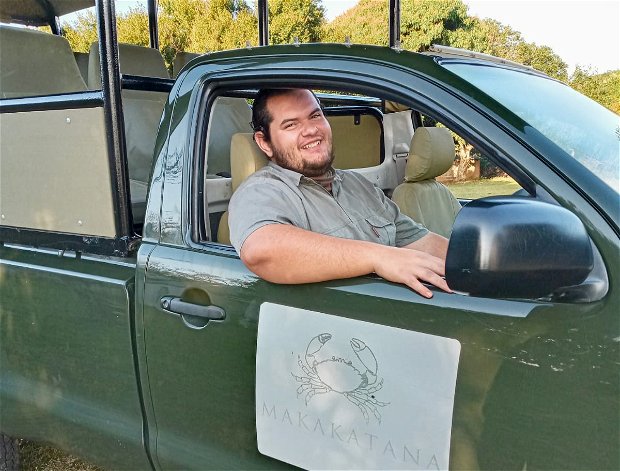
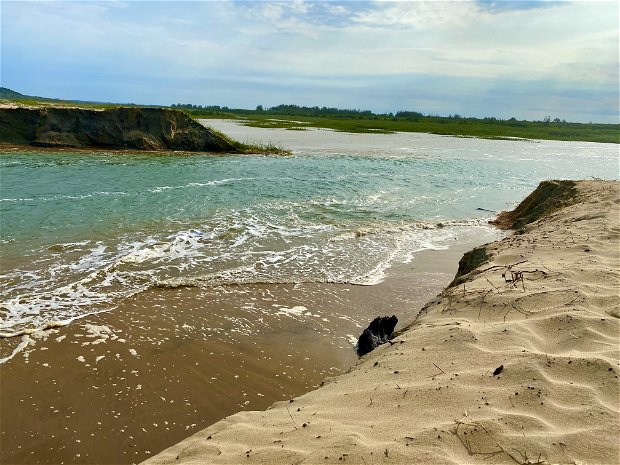
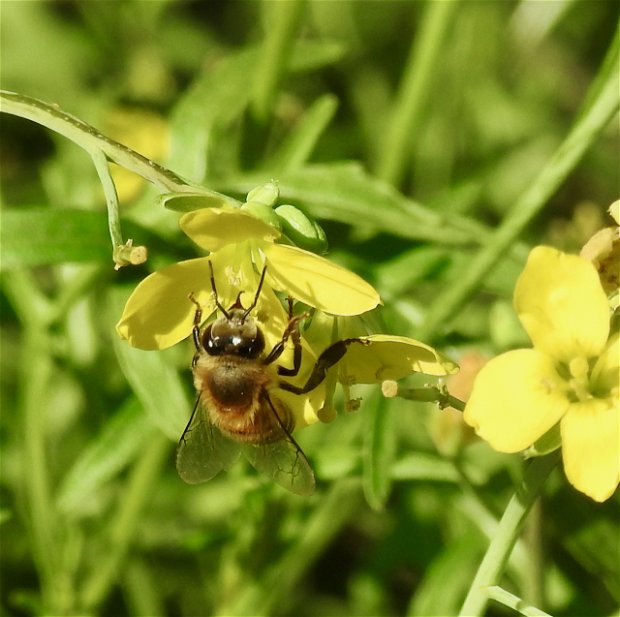
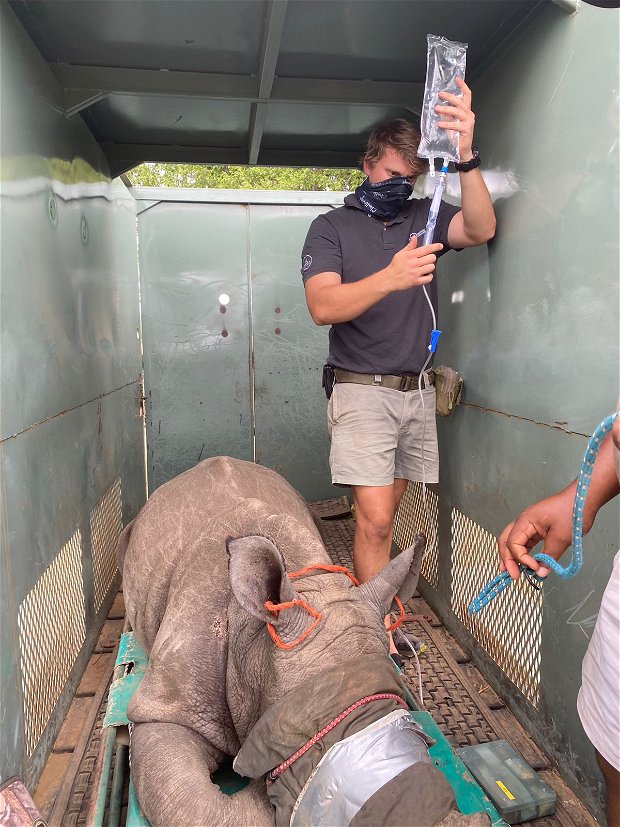
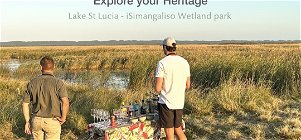
Share This Page